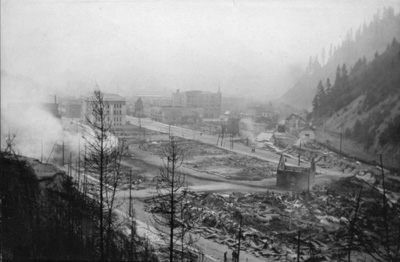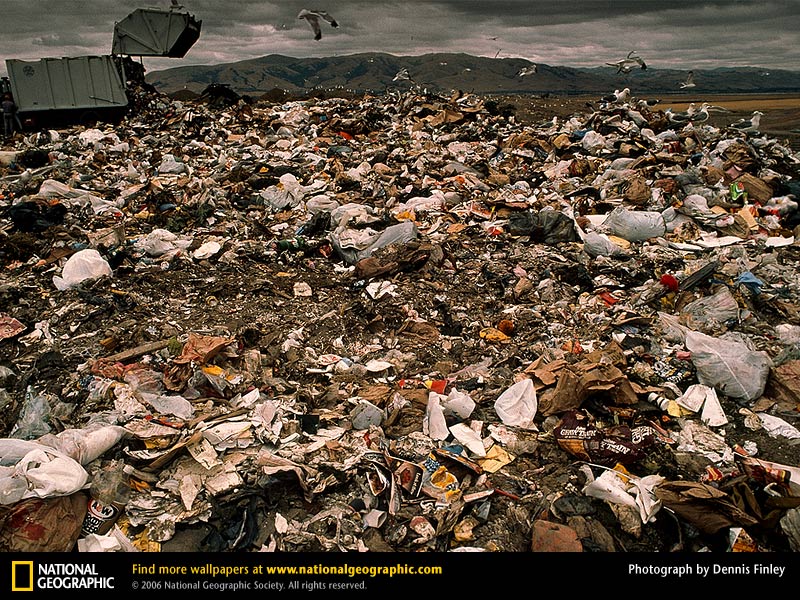These modules are designed for 6th, 7th, and 8th grade students.
Wildland Urban Interface & Wildfire
Those living in the wildland urban interface, where development meets the forest, must adapt to living with wildfire. This module explores the connections between humans and fire. Students will learn about energy transfer (conduction, radiation, and convection) as it relates to fire, understand wildfire is an unavoidable natural process, and learn how communities can reduce their risk of wildfire. Please register to access the full module. Registered teachers can access the module here. Registered students can access the module here.
Trees are one of the most versatile and sustainable resources available. This module explores the many uses of wood and the importance of forest health for maintaining a robust supply of this renewable resource. Students will learn about the basic structure and function of tree parts, tree rings, climate, harvesting biomass, and wood products. Please register to access the full module. Registered teachers can access the module here. Registered students can access the module here.
Reducing Solid Waste for a Healthier Tomorrow
This module helps students understand the consequences of our production and management of solid waste, and gets students thinking about waste reduction. Students will explore these ideas during a ‘Solid Waste Reduction Summit’ in which groups of students will research a topic and present information, conclusions, and solutions to their classmates. The module consists of seven presentation topics – trash in developing countries, solid waste and reform in China, e-waste, landfills, landfill gas, solid waste incineration, and single stream recycling. Please register to access the full module. Registered teachers can access the module here. Registered students can access the module here.
This project focuses on the unique ecology of the High Creek Fen in South Park. Students will learn about the history and biodiversity of the Hight Creek Fen, while learning the importance of understanding how keystone, indicator, flagship, and invasive species affect ecological systems. The project culminates in a field trip to the fen, in which students test water quality and sample for macroinvertebrates. Please register to access the full project. Registered teachers can access the project here.
Registration is free and provides full access to all module materials. Please register here.



